- godfree2
- Banned
secular humanist, Bright, progressive, online since 1992 Halifax Nova Scotia, Canada might get me on XMPP [email protected]
- 68 Posts
- 20 Comments
- godfree2OPto
 21·2 years ago
21·2 years agoAm I at risk for a ban?
- godfree2OPto
 32·2 years ago
32·2 years agodown vote satire that you can’t comprehend, keep it coming. rolls eyes
- godfree2OPto
 23·2 years ago
23·2 years agodamn the ignorance is strong
cos of lack of thinking understanding
- godfree2to
 4·2 years ago
4·2 years agoI was using Maps.me but i wouldn’t export nor update OSM. Organic seems better, still leaning. following thread
- godfree2OPto
 11·2 years ago
11·2 years agostunningly brilliant assessment, GOAT
- godfree2OPto
 46·2 years ago
46·2 years agoglad to see ignorance of down voting without cluing into the video mocking JP, well done non-thinkers
- godfree2OPMto
 1·2 years ago
1·2 years ago52K subscribers 528 videos
- godfree2OPMto
 1·2 years ago
1·2 years ago
- godfree2OPtosecularhumanism•[Online] Churches at War, Sun, Jul 23, 2023, 11:00 AM | Meetup OasisEnglish1·2 years ago
yes, so. The other Oasis is a sex club.
- godfree2to
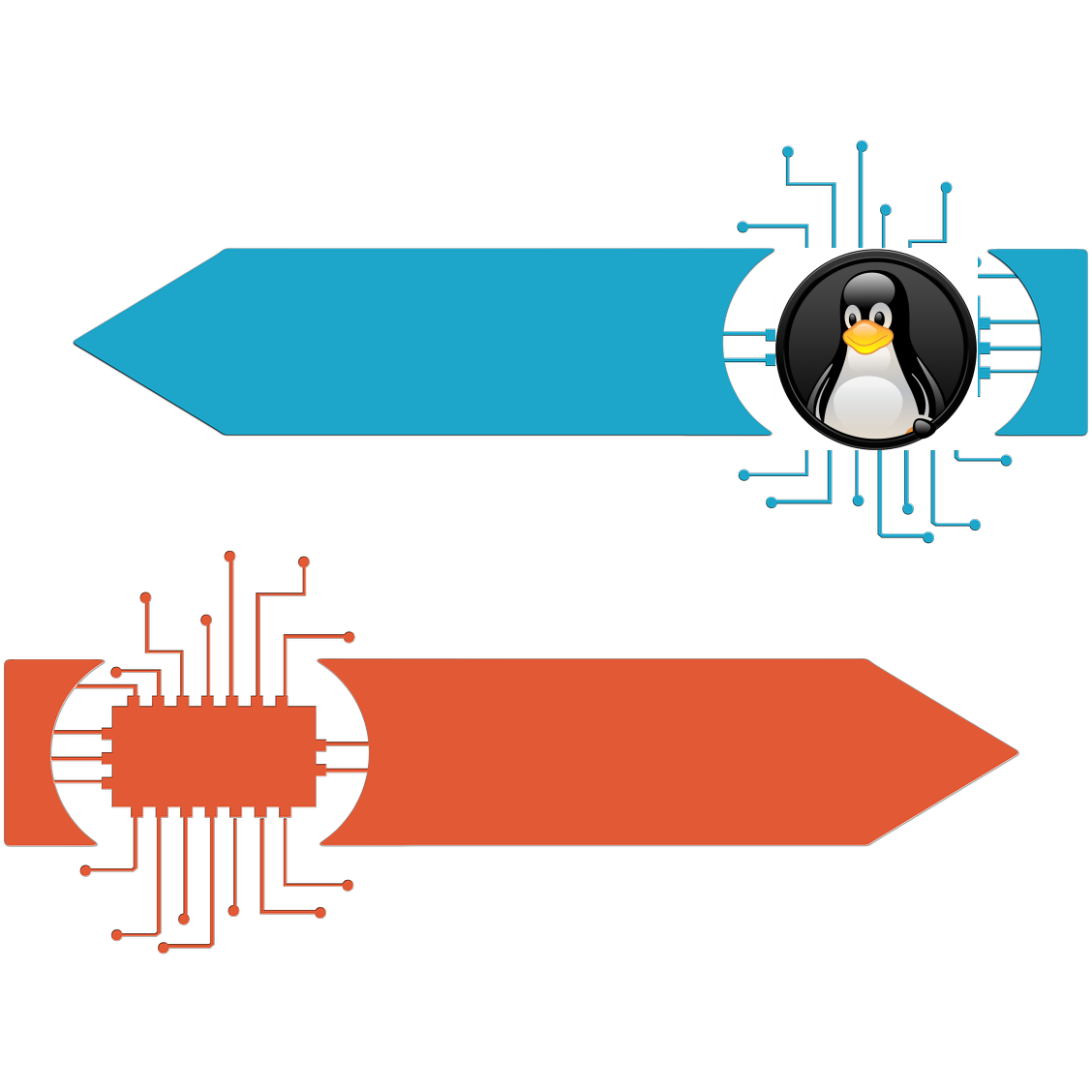 1·2 years ago
1·2 years agowhat about clonezilla? does it have more safe guards and functionality?
sure is, beats texting
accountable moderation is a rare bird
gthumb play videos if you installed proper codecs
Harassment against scientists is out of control.
When and how to debate vaccine science.
(Your Local Epidemiologist)
‘If you win the popular imagination, you change the game’: why we need new stories on climate.
(The Guardian)
Are COVID vaccines related to neurologic events?
(Skeptical Raptor)
A single COVID-19 pandemic or multiple SARS pandemics? Does it matter?
(John Snow Project)
- godfree2OPtoLemmy.ca Support / Questions•unsupported title format, post goes limboEnglish01·2 years ago
Centre for Inquiry Canada - Your community for scientific, skeptical, secular, rational and humanistic inquiry
- godfree2OPtoLemmy.ca Support / Questions•unsupported title format, post goes limboEnglish01·2 years ago
“invalid post title”
Altruism
“I will help others in need without hoping for rewards.”
Altruism is the selfless concern for the welfare of other living beings without expectation of reward, recognition, or return. The collective welfare of our communities and society depends on the welfare of each individual person. We should always seek to alleviate the suffering and hardships of others with compassionate action. By caring for others around us and lifting each other up, we reinforce healthy connections and contribute to the betterment of our community, society, and the world.
Critical Thinking
“I will practice good judgment by asking questions and thinking for myself.”
As we are each bombarded with a constant stream of information, it can become challenging to decide what is accurate and true. Thinking critically allows us to make sense of all this information and reason our way to good judgments and effective solutions to the problems we face while rigorously avoiding pitfalls like rationalization, conformity, and stereotyping. This process forms the basis of the scientific method, which opens the door for new discoveries through hypothesizing and experimenting. Critical thinking is a skill that requires continued attention, practice, and reflection. Exercising our minds to build these skills enables us to challenge biases in ourselves and in others, paving the way for a fair, open-minded, and autonomous perspective that fosters a multicultural worldview.
Empathy
“I will consider other people’s thoughts, feelings, and experiences.”
Empathy means entering imaginatively into another’s situation in an attempt to understand their experience as though we are experiencing it ourselves. Empathy requires us to step outside of our own perspective to consider someone else’s thoughts, feelings, or circumstance from that person’s point of view. In many ways, empathy is the first step to ethical behavior as it allows us to respond compassionately to the suffering of others and exercise good judgment when our actions may affect someone else. Understanding another’s perspective is not only critical to building better relationships, but also makes us better citizens in our local and global communities. Empathy promotes tolerance, consideration, and compassion amongst us all.
Environmentalism
“I will take care of the Earth and the life on it.”
Regardless of our individual identities, we all share the same home: planet Earth. Just as we depend on the planet to sustain us with its precious resources, this planet’s ecosystems depend on us to be good stewards and take responsibility for the impact human activity has on our shared planet. Disregard for the large-scale impacts humans have on our environment has caused extensive harm to earth’s ecosystems. Despite this, humanity is also capable of positive environmental change that values the interdependence of all life on this planet. Each of us must acknowledge our collective and individual mistakes, repair past damages, and purposefully work toward cultivating rich, diverse, and resilient ecosystems.
Ethical Development
“I will always focus on becoming a better person.”
The key to understanding ethical development is acknowledging that nobody is perfect or has all the answers. Ethical development is a never-ending process that requires constant reflection and evaluation of our personal choices and the consequences they have on others. Fairness, cooperation, and sharing are among the first moral issues we encounter in our ethical development as human beings and are often embraced intuitively, but each new day carries with it new challenges and new moral dilemmas. We should continually adapt and rebuild our moral frameworks with the goal of becoming ever better human beings.
Global Awareness
“I will be a good neighbor to the people who share the Earth with me and help make the world a better place for everyone.”
We live in a world that is rich in cultural, social, and individual diversity—a world with rapidly increasing interdependence. As a result, events anywhere are more likely to have consequences everywhere. Global awareness broadens our knowledge of cultures and perspectives that are outside of our own experience. A true global awareness includes attention to both current and historical events, and acknowledges how we affect—and how we are affected by—the interconnected social, political, and economic systems in which we reside. The end-goal of global awareness is global citizenship, which recognizes our personal responsibility to foster a healthy and dignified life for everyone in our global community.
Humility
“I will be aware of my strengths and weaknesses, and appreciate the strengths and weaknesses of others.”
Humility means displaying modesty about accomplishments, talents, gifts, or importance of self. It acknowledges we humans are fallible and have limitations in what we know and can do. Being humble isn’t about having low self-esteem or denigrating oneself. Humility at its core is robust self-awareness—awareness of our strengths and weaknesses, our faults and our merits. Humility involves setting aside personal pride and overcoming our egos to embrace gratitude for what we have and appreciate others for who they are. In being humble, we recognize our own value in relation to others; inherently, we are neither better nor worse than anyone else.
Peace and Social Justice
“I will help people solve problems and handle disagreements in ways that are fair for everyone.”
True peace involves an intense commitment to social justice and affirms the human rights and personal autonomy of all people. Any level of injustice against groups or individuals signifies existing conflict, even if the conflict isn’t immediate or obvious. We attain peace only by consistently responding to injustice through thoughtful conflict resolution that aims to repair harms and ensure a fair and equitable society moving forward. This kind of conflict resolution is known as restorative justice. In order to achieve a just, peaceful society, we all must take claims of injustice seriously and ensure that those who are impacted most by rights-violations determine the best course forward.
Responsibility
“I will be a good person—even when no one is looking—and own the consequences of my actions.”
Every day, each of us makes choices. These choices, large and small, all have consequences—for ourselves and for the world around us. Moral responsibility involves taking conscious ownership of one’s intentions and actions, and being accountable for the resulting consequences. Although we all live in a society with various cultural values, expectations, codes of conduct, and social mores, ultimately we all decide for ourselves what is right and wrong. Being a responsible person involves steadfast attention to what is right and willfully bearing the blame or praise for our own actions.
Service and Participation
“I will help my community in ways that let me get to know the people I’m helping.”
Service and participation means putting values into action in ways that positively impact our communities and society as a whole. It fosters helping others, increasing social awareness, enhancing accountability, and many attributes of the other nine commitments. Engaging in service doesn’t just make the recipients better off, but those who serve can develop new skills, experiences, and personal satisfaction that all promote personal growth. We must all recognize that we are members of a group, and engaging in service to benefit the group and the other individuals in it makes us all better off.
as not seen on: Banned from: Yahoo! Microsoft, Facebook, counter.social,

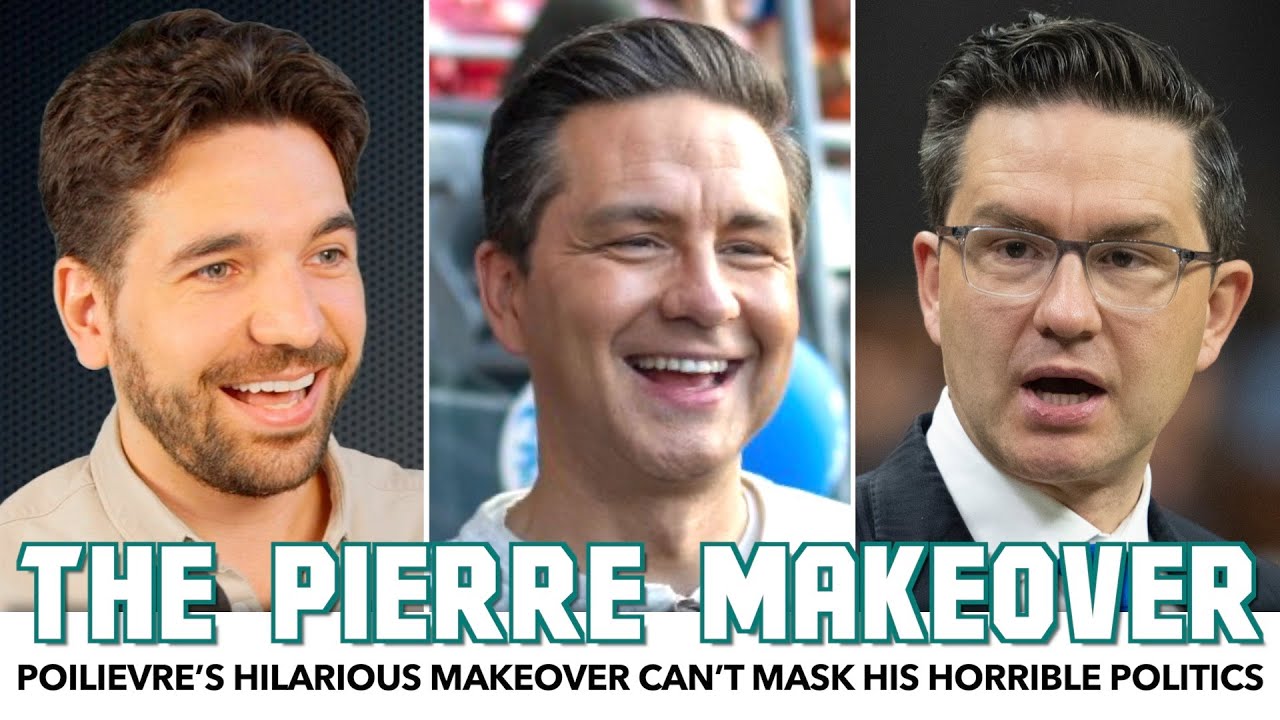

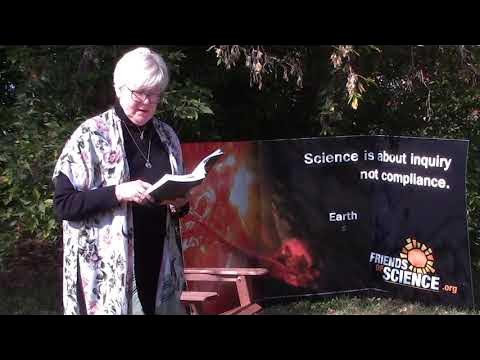
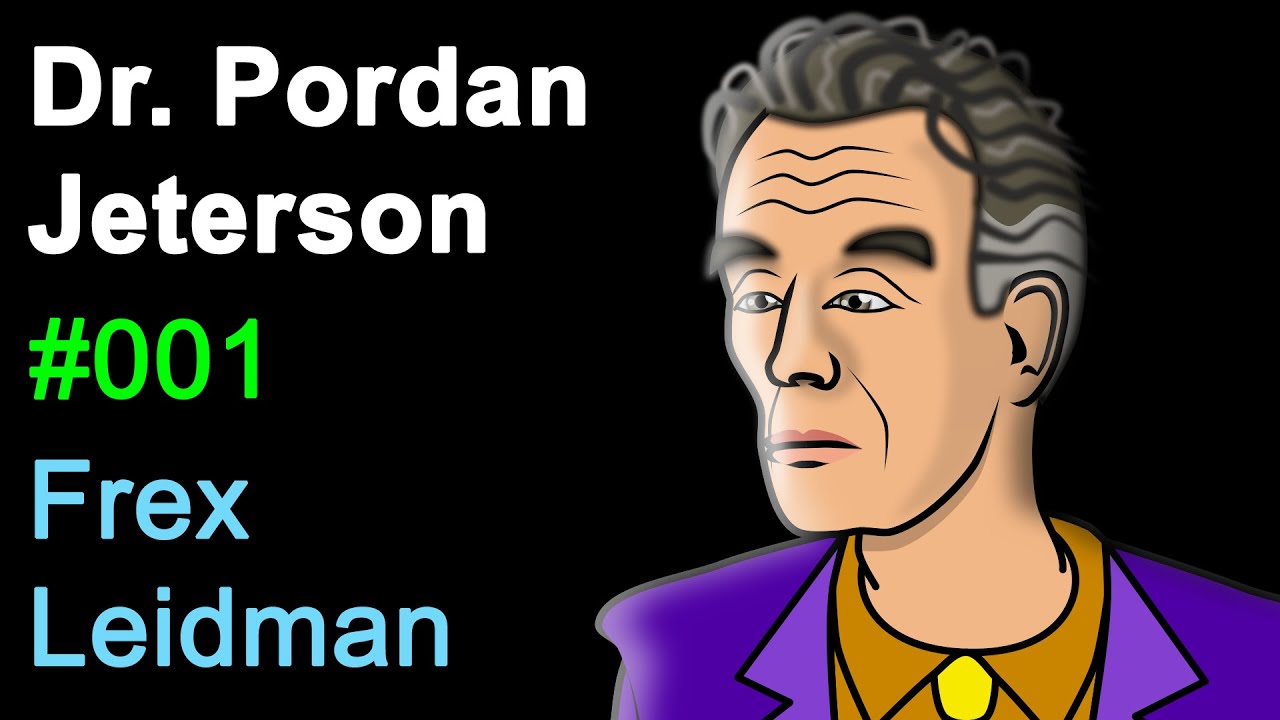
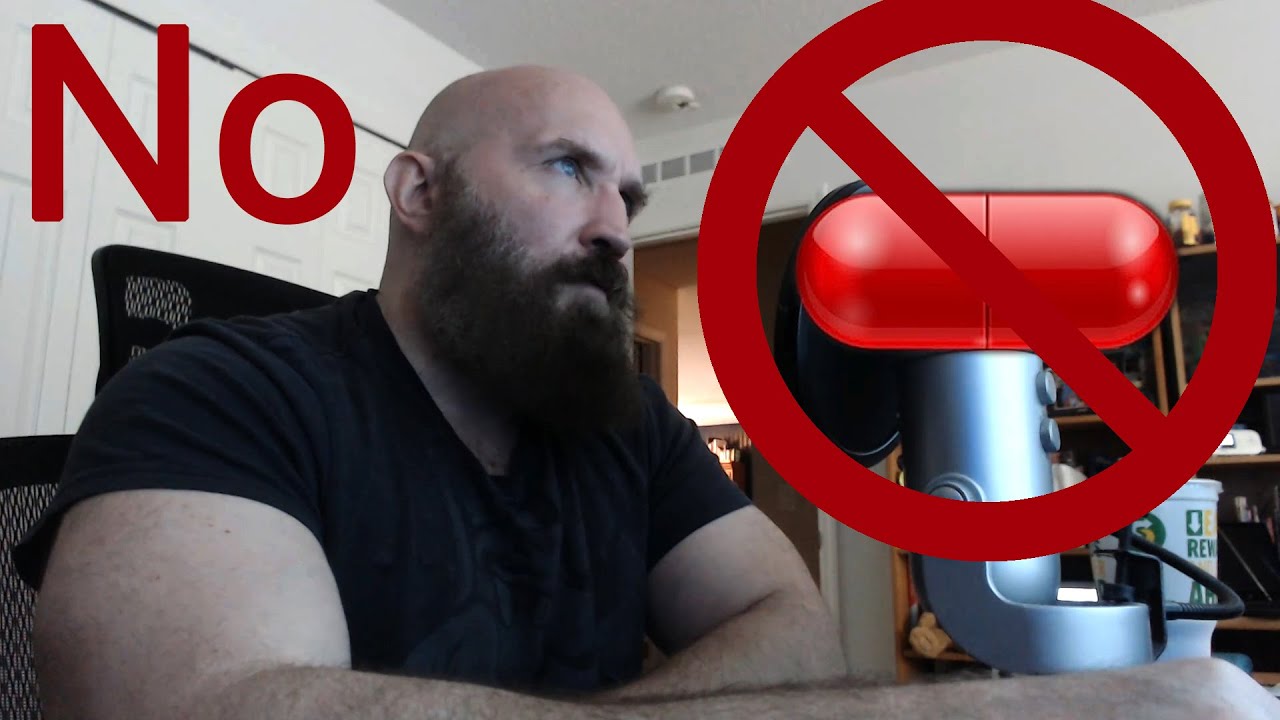

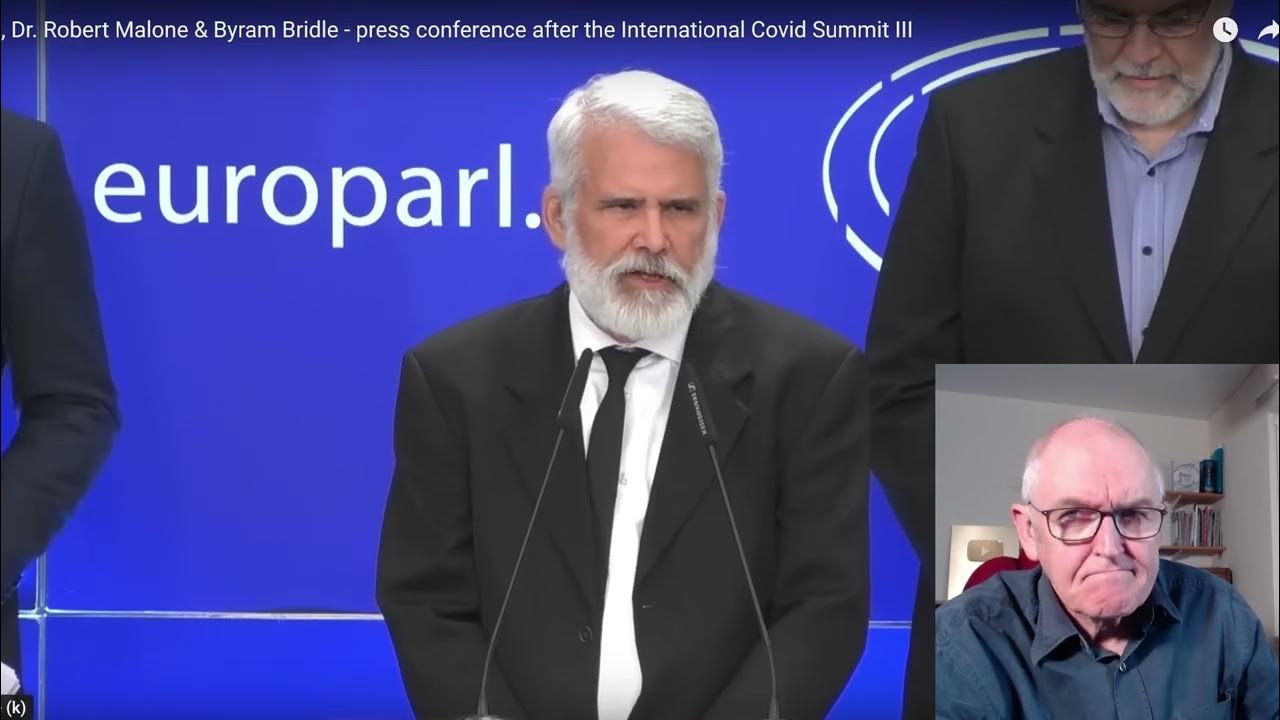
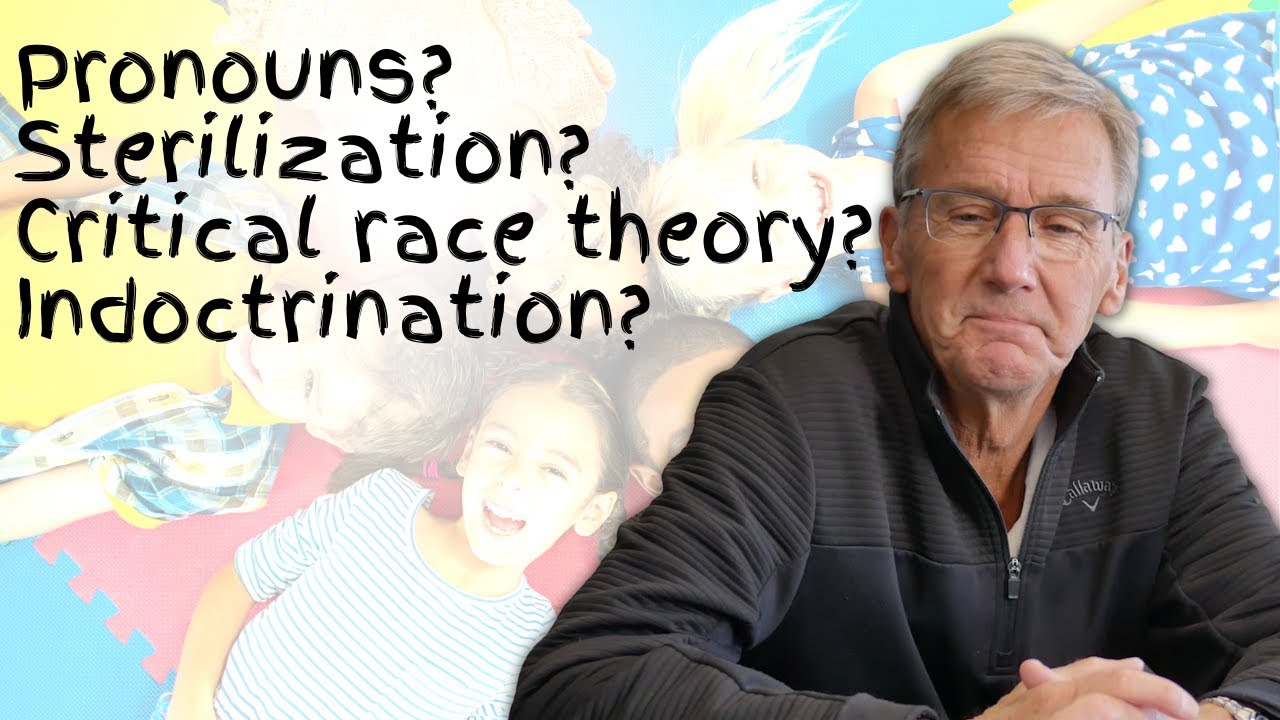
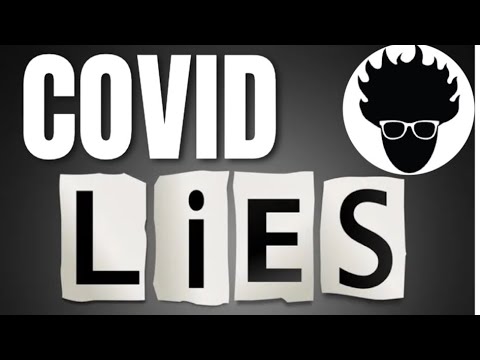
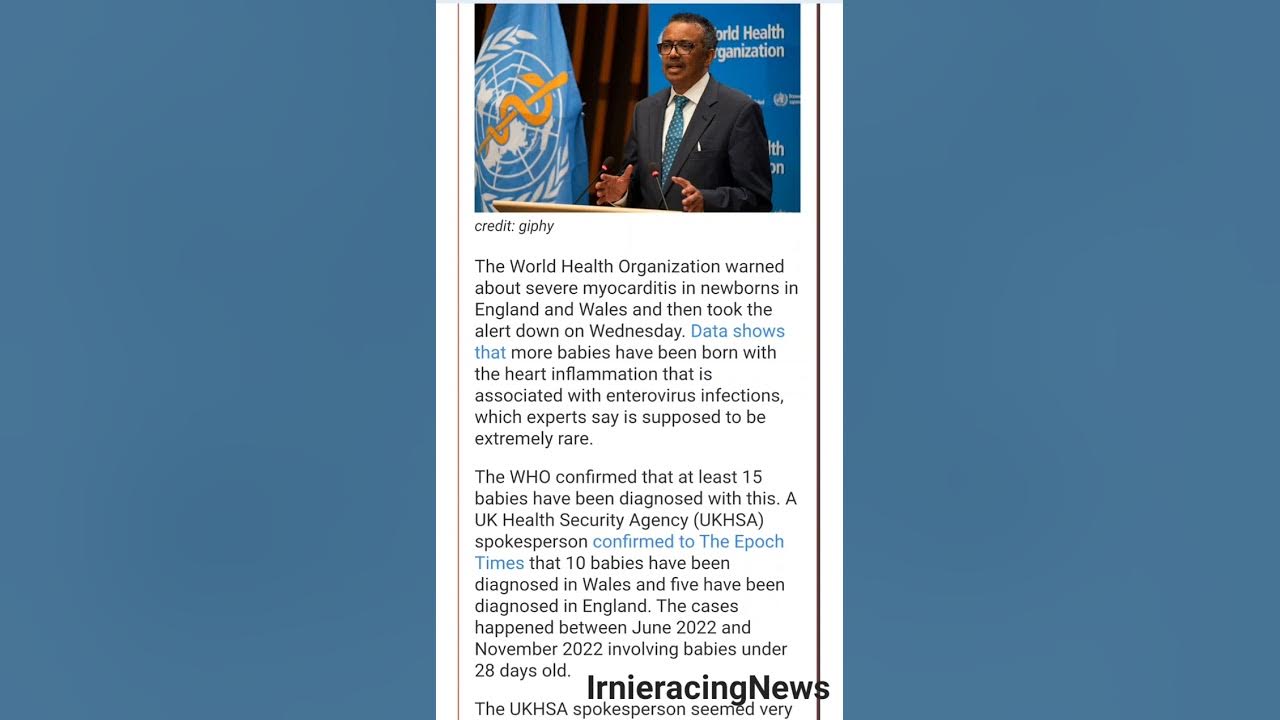
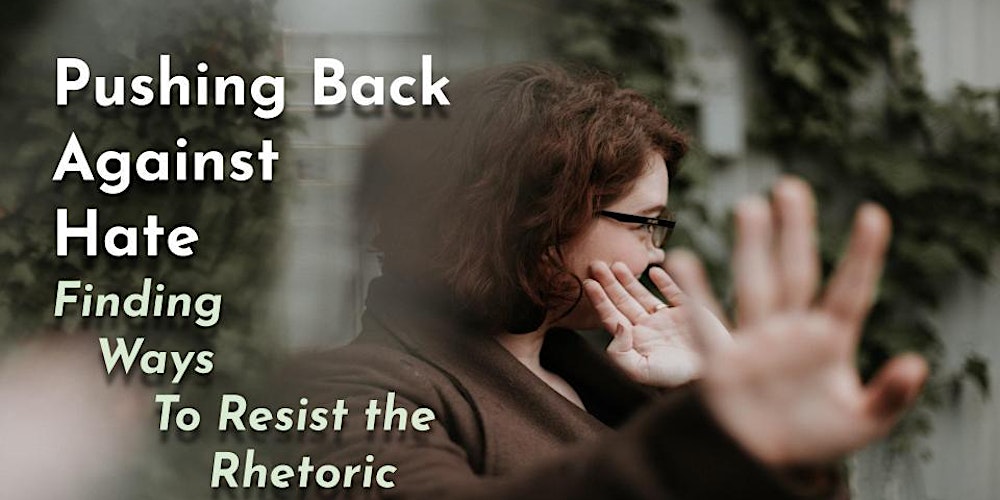
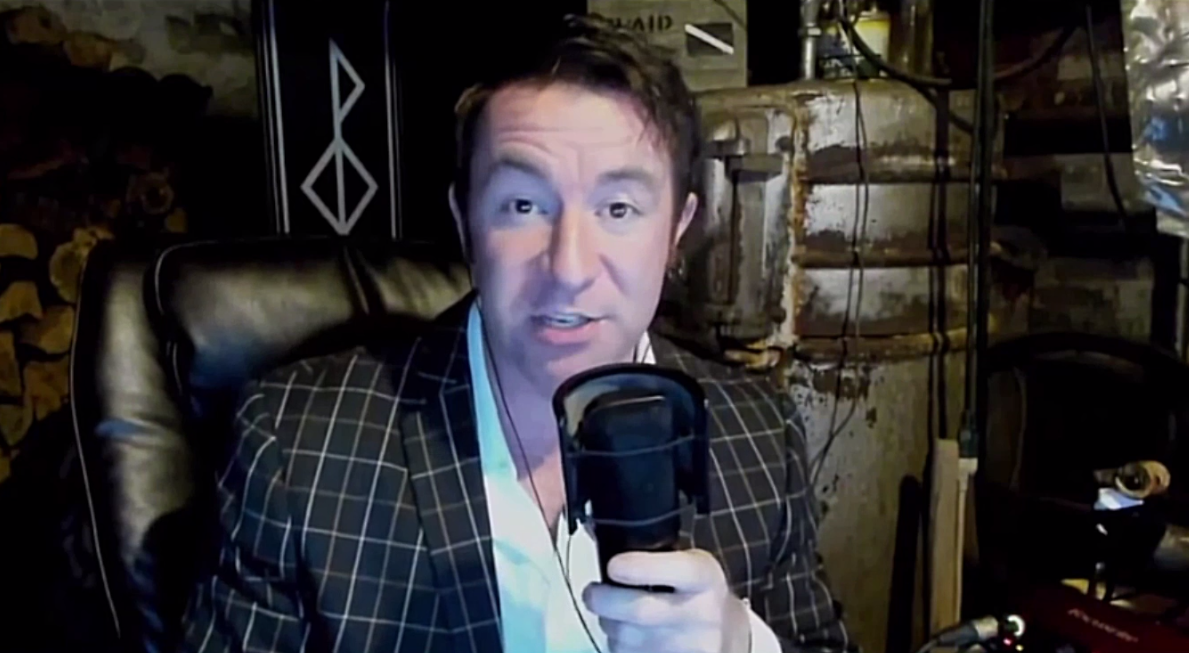
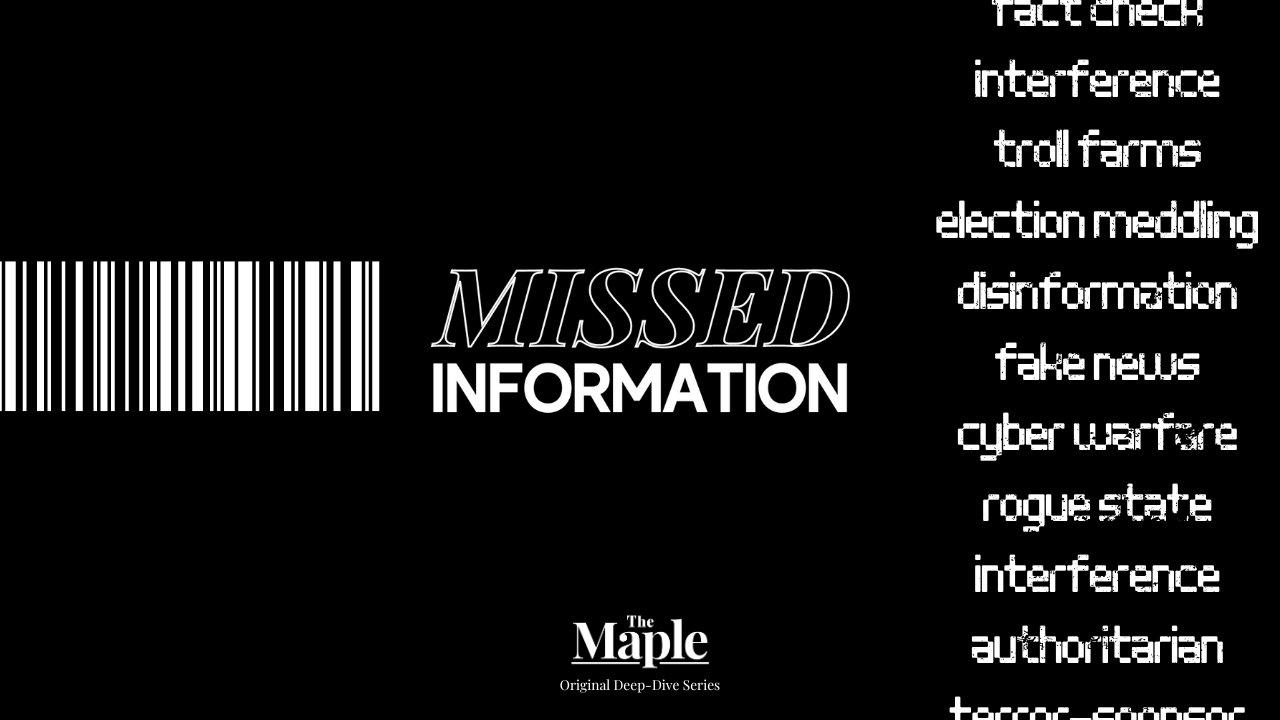


strong, character, compassion, wisdom … a good role model